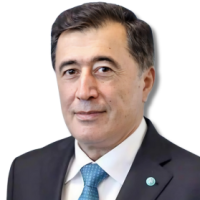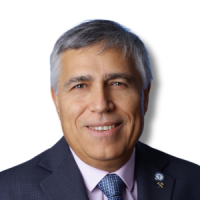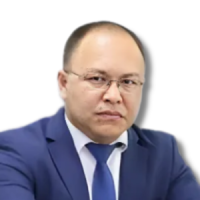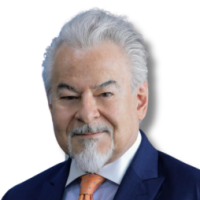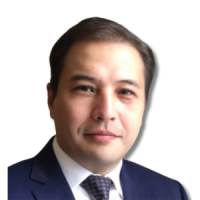Tuesday – 24 June
Defining Central Asia's role in Global Critical Minerals Security
Insights into the region’s strategic role the in integration from mining to processing and distribution and the future of technological metals in the energy transition.

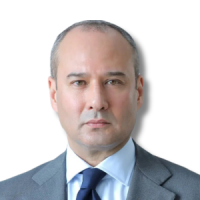
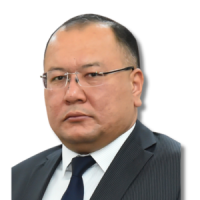
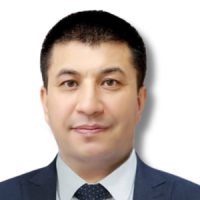
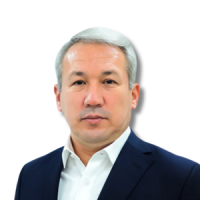
Regional Cooperation and Strategic Partnerships for Critical Mineral Ecosystems
This session will open with a high-level discussion on the strategic vision of Central Asia’s governments for the future of mining and critical raw materials. With shared geological potential across the Central Asian Altaids mineral belt, the region is uniquely positioned to become a global hub for sustainable and secure supply chains — but this will require coordinated policy, investment, and infrastructure strategies. Government representatives will outline their national priorities and regional ambitions, highlighting opportunities for policy alignment, joint ventures, and technical cooperation. The session will also feature insights from key international partners, who will share perspectives on fostering cross-border investment, development collaboration, and long-term partnership in the mining and raw materials sectors.
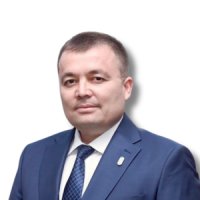

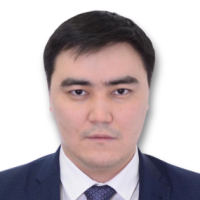
Positioning Uzbekistan in Global Critical Minerals Supply Chains
This session explores how Uzbekistan can accelerate value creation by integrating upstream, midstream, and downstream activities — supported by TMK’s nationally coordinated vision and infrastructure. As the country positions itself as a regional hub for rare and strategic metals, speakers will explore how strategic partnerships, and foreign direct investment can accelerate the development of Uzbekistan’s critical minerals ecosystem — and how international governments and institutions can help position the country within future-facing global supply chains. The session will also examine how Uzbekistan’s industrial growth aligns with the evolving priorities of global partners and broader supply chain resilience strategies.
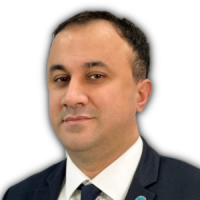
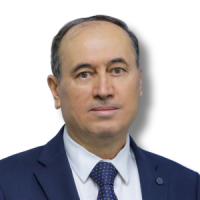

Building an Investment-Ready Framework for Strategic Partnerships
A transparent and stable regulatory environment is essential for attracting long-term investment in the critical minerals sector. In Central Asia, and particularly in Uzbekistan, recent reforms to mining legislation mark an important step toward creating clearer rules of engagement. However, continued improvements in permitting, legal predictability, and ESG governance are still needed to meet global investor expectations. This session will explore how governments and institutions can reduce investment risk by aligning regulatory frameworks with international standards, strengthening institutional capacity, and building investor confidence through open, consistent, and reliable processes. Case studies from other regions will provide a roadmap for advancing regulatory best practices across the region.






Creating Resilient Metals & Minerals Value Chains – Emerging Opportunities
As global supply chains for critical minerals continue to shift, end-users — from EV manufacturers to energy storage companies — are driving new expectations around sourcing, ESG standards, and supply stability. Central Asia is well-positioned to respond but must go beyond resource ownership to become a reliable, investment-ready partner to the world’s most demanding buyers. This session will explore what offtakers and global manufacturers are looking for, and how the region can align its project development, certification practices, and midstream strategies to meet evolving market needs. Discussions will also touch on emerging buyer-supplier models, long-term agreements, and the role of international partnerships in anchoring Central Asia into clean energy supply chains.

